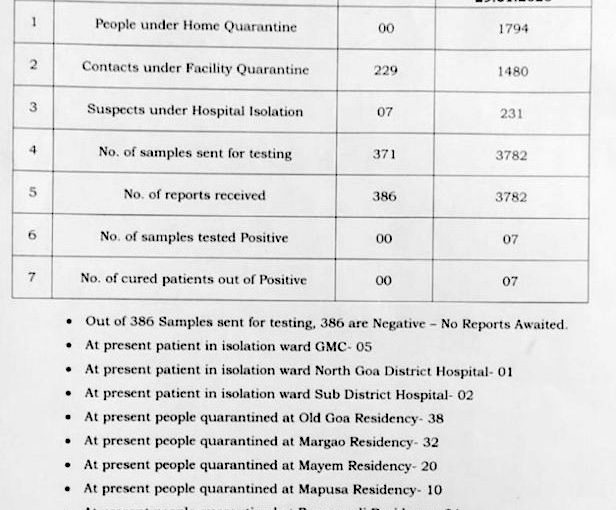The news cycle the world over is now entirely focussed on the coronavirus pandemic, the dangers of COVID-19 and the importance of “social distancing” and why we should do everything to “flatten the curve”. You may be wondering what all this means, so here we aim to break down the jargon and explain the terminology that’s being used in relation to Coronavirus prevention measures.
What is COVID 19?
COVID-19, caused by a novel virus, the coronavirus or SARS-CoV-2 is a respiratory illness that has become a pandemic. This virus was first detected in Wuhan, Hubei Province, China. Tens of thousands of people were infected with COVID-19 in many parts of China, as reported by the Chinese officials. Cases of COVID-19 have since then been reported internationally, in many countries. sustained community-level or person-to-person transmission is the cause of the spread of the infection. The reason that COVID 19 is so dangerous is that it can spread through droplets or even stay in the air as an aerosol making it impossible to detect. The other factor is that many carriers of the disease may be asymptomatic so they may not take the precautions necessary to not spread the disease.
What does Quarantine Mean?
Quarantine does not have to be scary, rather it is an effective way to protect the public. It is defined as separating and restricting the movement of people who are exposed or are potentially exposed to a contagious disease. A quarantine keeps such people away from others so they don’t unknowingly infect anyone in their vicinity. It is used by Governments to prevent the spread of communicable diseases.
Quarantines may be used in times of:
Outbreaks: The sudden rise of cases of a disease in a region.
Epidemics: Outbreak of a disease over a larger area or all over a country.
Pandemics: Widespread disease involving the entire planet, affecting a lot of people globally.
In response to suspected or confirmed coronavirus exposure, people have been taken into quarantine or have been asked to self-quarantine. It is highly recommended that you strictly follow the same.
Who is Quarantined?
Anyone who has had close contact with someone who is a confirmed case of coronavirus infection. Close contact is defined as being within 2 meters or 6 feet from a person infected with COVID-19 for a prolonged time. This includes living with, visiting, or sharing a closed space with the infected person. Even being coughed upon by a person with COVID-9 infection can qualify you as a close contact. The health departments identify close contacts through what is known as contact tracing.
Self-isolation
Isolation, unlike quarantine, is when a person confirmed to have a contagious disease has to separate themselves from healthy individuals around them. This is done to prevent the spread of infection among the common masses.
Self-isolation versus Quarantine
While isolation achieves the same purpose as quarantine, it is only for those who are infected or are confirmed cases of COVID-19. Quarantines last for the duration of the upper limit of the incubation period of the virus, which is 14 days in this case. However, isolation lasts until the individual is free of symptoms and tests negative for the virus.
What should you do in quarantine or isolation?
If you are within the limits of your home, do not leave unless it is necessary. Do not attend functions, school, churches or temples.
Pets can stay: There is no evidence that Coronavirus can spread to your pets. However, it is advised to avoid petting, snuggling or cuddling with your pet if you have been exposed to COVID-19.
Do not share: Keep your plates, glasses, cups, spoons, towels, and bedding separate. Do not swap any of these items unwashed.
Frequent hand washing is a must: Hygiene is a very integral part of a quarantine. Wash your hands for twenty seconds with soap and water frequently. Use your elbow to cough or sneeze into or use a tissue and immediately throw it in a covered dustbin.
Stay calm: While it is natural to feel anxious and scared, being educated about your situation is a great way to combat anxiety.
Follow instructions and co-operate with the authorities: Following the quarantine process and other public health mandates play a big role in preventing and slowing the spread of contagious diseases.
Being cooped up indoors may seem unbearable, but remember that your actions are helping save the lives of many people.
